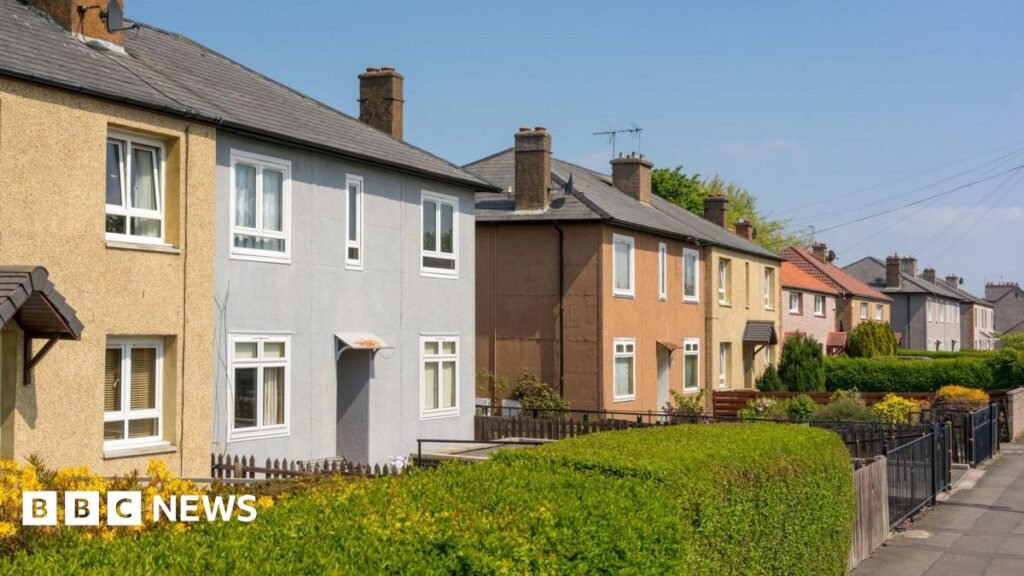Council tax is based on the estimated value of your home 34 years ago.
If prices of all homes had risen at the same rate, then it would still work as a way of allocating homes into council tax bands.
The catch is that people’s homes have changed in value relative to each other.
Some neighbourhoods have seen prices rise much more steeply than others – for instance those that used to be more down-at-heel but now attract buyers from far and wide. It’s sometimes called “gentrification”.
Where house prices have risen fastest, homes are likely to see a move up council bandings, so bills will go up. Where home valuations have not risen as steeply as the average, they could move down council bands.
How much difference could this make? Unlike Scotland and England, Wales had a council tax revaluation in 2003. One in three homes moved up a band, and one in 12 homes moved down. Some moved by two bands.
The experience was a painful one for the Welsh government, and it’s avoided a further revaluation in the past 20 years.
As Ivan McKee says, we have to recognise there will be winners and losers. But those who win tend to give ministers less thanks than the grief they get from the people that lose out.

